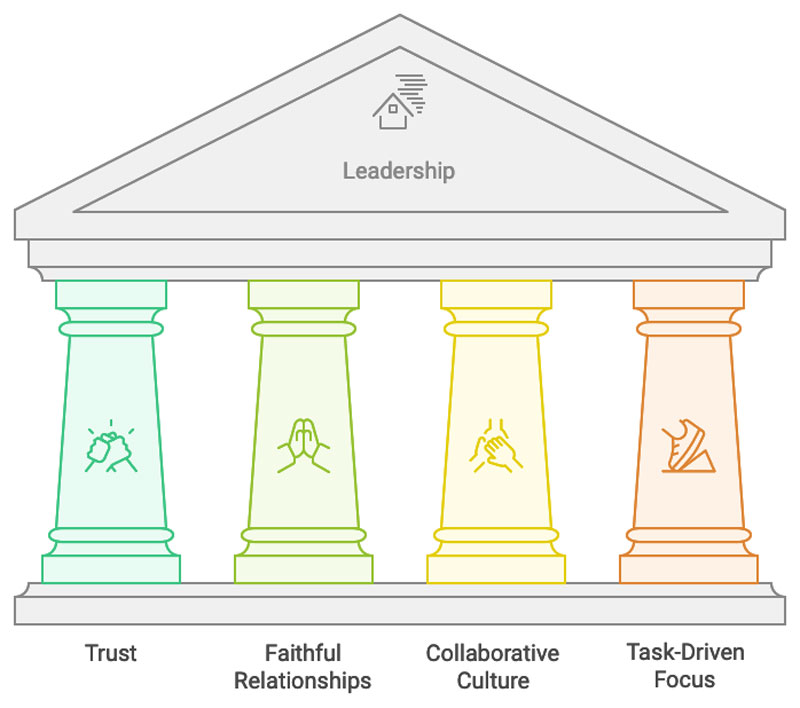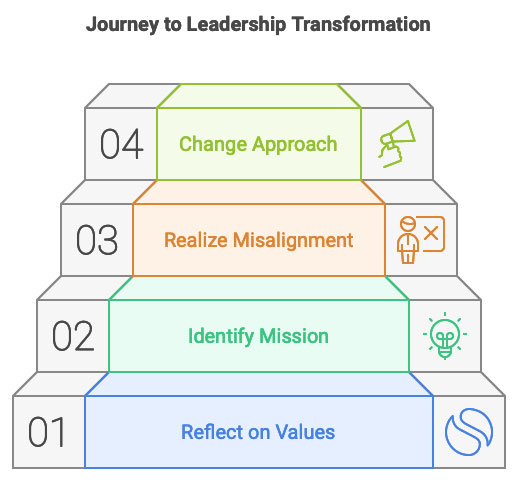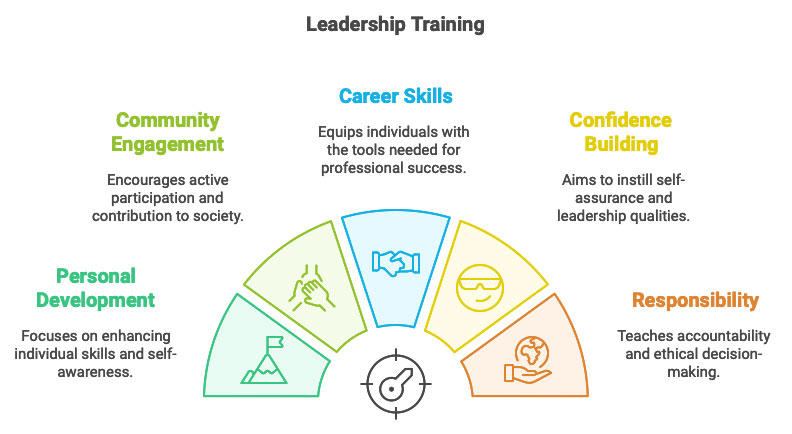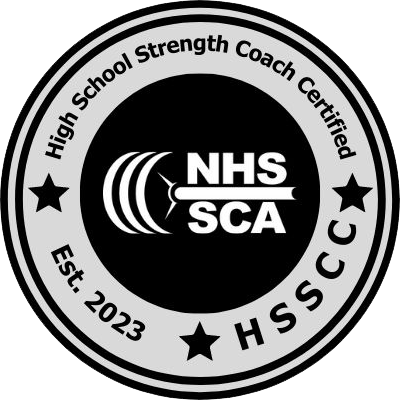By Peter Tongren, CSCS, USAW L1, Precision Nutrition L1
Peter Tongren has been the Head Strength and Conditioning Coordinator at Holy Innocents’ Episcopal School since 2005. As the NHSSCA State Director for Georgia and the 2020 NHSSCA Georgia Strength Coach of the Year, Coach Tongren is a seasoned expert in fostering athletic performance and personal growth.
In this Q&A, Coach Tongren dives into the innovative Leadership Program he built at Holy Innocents, designed to develop student-athletes into leaders on and off the field. Below, he shares the essential exercises and principles that drive his program’s success.
The Core of Leadership: The Four Tenets
At Holy Innocents, leadership development starts with creating the Team Leadership and Ethics Class. Initially shaped by books and videos on leadership, the program evolved into a student-driven effort that identified four guiding principles—The Four Tenets:
- Trust – Built through expectations, belief, and choice. Trust determines whether teammates, captains, and coaches can rely on one another to be honest and follow through on commitments.
- Faithful Relationships – Character, sacrifice, accountability, and humility are key. This tenet focuses on self-reflection: “What is my role, and how can I contribute to the whole?”
- Collaborative Culture – Strong teams rely on influence, respect, and connection. This principle emphasizes how individuals interact to form a cohesive, supportive environment.
- Task-Driven Focus – Leaders stay focused on the present task without worrying about future uncertainties. Preparation, action, and intentionality drive success.

Coach Tongren notes that 80-90% of successful teams embody these principles, making them crucial to athletic and personal development. While some teams may thrive without a deep sense of trust or cohesion, these tenets are the foundation of lasting success for most.
Coaches as Role Models: Leading by Example
“As strength coaches, we naturally embody discipline and a relentless drive to work hard,” Tongren explains. This passion positions coaches as powerful role models who set the tone for their athletes. Whether rallying the team or raising energy during tough sessions, coaches can inspire athletes to follow their lead.

Developing Future Leaders: Conversations that Matter
At Holy Innocents, leadership development is an ongoing conversation. Coach Tongren emphasizes the importance of breaking down the Four Tenets individually, helping athletes recognize both leadership’s positive and negative aspects. “Understanding key ideas like intentionality or sacrifice helps athletes evaluate whether their actions align with their goals,” he says.
The school also runs a seasonal Leadership Council, where younger athletes, as recommended by coaches, are trained to become future leaders. These discussions focus on trust, communication, and relationships, laying the groundwork for the next generation of captains.
Building Leaders Through Action: Exercises That Cultivate Leadership
A highlight of the leadership program is the “Why” Project, where students reflect on their values and goals. Whether it’s their athletic career, family life, or future ambitions, students identify their mission and vision.
This exercise often sparks transformative insights. After completing his “Why” Project, Tongren recalls a junior athlete who realized that his actions didn’t align with his goal of playing college baseball. “It forced him to look in the mirror,” Tongren shares. “After the project, he completely changed his approach—focusing on the tasks and taking ownership of his leadership role.”

Leadership Worksheets Aligned with Pete Tongren’s Four Tenets
Here are two worksheets designed to be practical tools that align with Coach Tongren’s leadership philosophy, emphasizing self-awareness and actionable steps. The coach’s worksheet encourages reflective leadership practices, while the athlete’s worksheet fosters personal responsibility and teamwork—key elements of Pete’s Four Tenets.
Coach’s Leadership Development Worksheet
Purpose: To help coaches reflect on their leadership style, assess team culture, and develop strategies to foster athlete growth through Pete’s Four Tenets.
High School Athlete’s Leadership Worksheet
Purpose: To guide athletes through self-reflection, personal goal setting, and actions that build leadership skills.
These leadership worksheets align with High School Strength Coach Certified (HSSCC) methodologies, blending athletic performance with soft skills development. Like the HSSCC framework, Coach Tongren’s approach emphasizes character, communication, community, and culture, ensuring athletes grow both on and off the field. Coaches with HSSCC certification gain access to advanced leadership tools and strategies to build successful, championship-level teams, fostering lifelong leadership skills in their athletes.
Why Leadership Training Matters
Coach Tongren believes that leadership development should extend beyond the field. “These tenets guide athletes to become better players, but better people and citizens,” he explains. “The goal is to equip students with the skills to thrive in all areas of life, whether on the field, in their careers, or their communities.”
This program offers a blueprint for any strength and conditioning department looking to develop a similar leadership initiative. With guidance, coaches can shape athletes into confident, responsible leaders who inspire others to excel.

About Coach Peter Tongren
For nearly two decades, Peter Tongren has led strength and conditioning at Holy Innocents’ Episcopal School. His experience spans both athletic performance and leadership development. A graduate of Precision Nutrition and USAW Level 1, Tongren was recognized as the 2020 NHSSCA Georgia Strength Coach of the Year. His program is a testament to the transformative power of leadership training within high school athletics.



